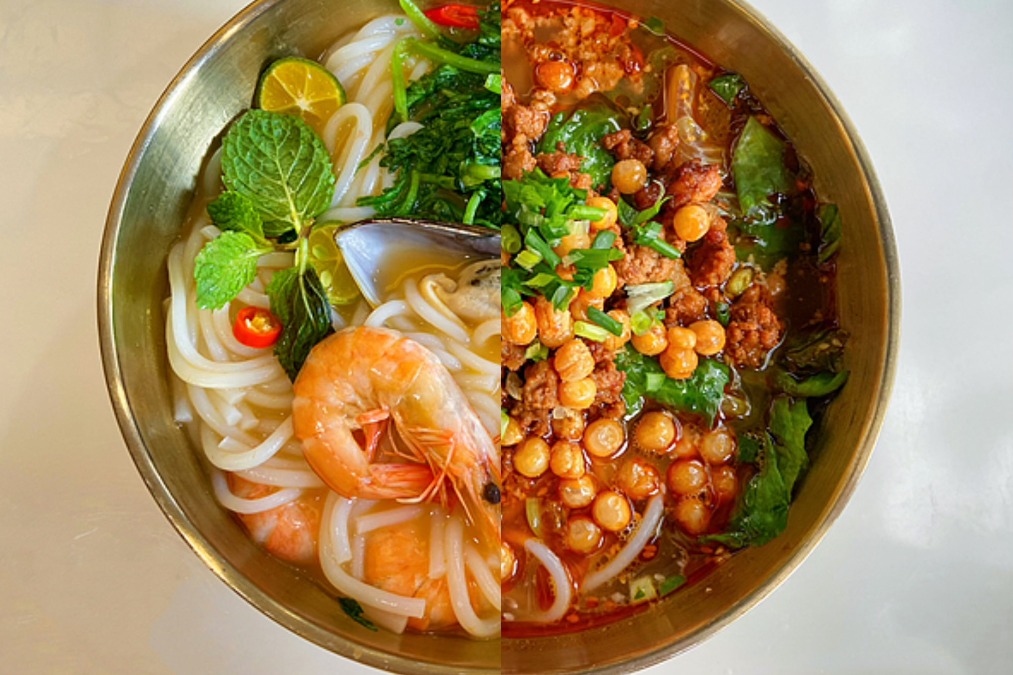Coming of Age

Bloom & Grow, a Hong Kong-based distributor of international baby, children's and maternity brands to Asia, now considers the Chinese mainland its "most important market" because of the huge business potential presented by growing families.
Founder Alexandra Dickson Leach said the company has been recording growth in almost all categories as Chinese parents search for products with a design edge or unique functionality, despite higher prices compared to local brands.
Among the company's best-sellers are baby carriers by American brand Ergobaby, which increased fivefold in online sales on Amazon China in 2016, the International Business Daily reported.
Toys R Us, the popular US toy retailer that operates more than 135 stores in China, plans to open more stores in the country despite the company's financial restructuring at home.
In May 2017, Roy Sammartino, managing director of Toys R Us China, said China is the company's fastest-growing market.
Local companies are making improvements in terms of innovation, development toward the high-end market and the expansion of distribution channels, Bali said.
Annil, a children's wear company based in the southern city of Shenzhen, targets the middle-and high-end markets with products that adhere to an environmentally friendly design philosophy. Last year, the company became the first of its kind to be listed on China's A-share market.
Even though the brand now ranks second in China's children's wear market, sharing the same ranking as foreign giant Adidas, both take only about 1 percent market share, according to Annil's annual report.
"The children's-wear market is still in a growth stage. It grows fast but is relatively fragmented," said Cao Zhang, chairman of Annil. He noted that more domestic and foreign companies are entering the market.
H&M from Sweden, Gap from the US, Zara from Spain, Uniqlo from Japan and luxury brands like Burberry, Dior and Armani, have all rolled out children's wear products in the Chinese market.
Last year, US toy manufacturing giant Mattel announced a strategic partnership with the Chinese clothing brand Three Gun Group, which will enable both companies to launch their first co-developed product line of clothing for newborns and infants.
Cao Chunxiang, deputy manager of Three Gun Group, said the company will be able to break new ground in the infant and toddler sectors.
Cao Zhang from Annil pointed out that domestic brands have yet to take a high market share at home, and competition will intensify as more foreign brands enter.
"For domestic brands, winning trust from consumers with high-quality products is of great importance. At the same time, we need to expand our distribution channels to improve brands' influence," he said.
With more than 1,400 stores nationwide, Annil also runs its own e-commerce center and online-service team while partnering with major e-commerce platforms in China like Taobao, Tmall, Vip.com and JD.com. In its annual report, online purchases account for about one-fourth of its total sales.
Online channels have become a key way for brands to reach consumers as nearly 80 percent of families purchase infant products online, according to the research company iResearch.
Wang Huainan, founder and CEO of the Chinese parenting website Babytree, said that along with the second-child policy, young mothers - whom he categorized as "network-generation" consumers - are driving the online-sales boom in the infant-goods industry.
"Mothers even haitao for quality products," said Wang, referring to the Chinese term for domestic consumers who shop overseas or pay third parties to buy products and ship them to China. Cross-border shopping is an important component for infant-products' e-commerce platforms.
The Nielsen report showed that over half of the surveyed mothers make purchases on overseas sites, since foreign products are believed to be of better quality.
According to Wang, millions of users visit Babytree every day to check for infant products, learn, exchange pregnancy and child care experiences, and document their children's growth, making it one of the best-known websites for Chinese mothers. The company has also announced monthly revenues of tens of millions of dollars since 2016.
"All consumers are more likely to trust big, experienced brands," said Wang.
Babytree has adopted a strategy grounded in community-based e-commerce to analyze what is being discussed on its online forum, to recommend suitable products from its e-commerce platform and to even develop goods in response to demand.
For instance, Babytree partnered with a local paper company to create baby wipes that replaced some common chemicals' functions with a weaving technique. That was after it noticed mothers in its online community discussing concerns about allergies to baby wipes.
"This product was greatly welcomed," said Wang.
Bali from Nielsen said demand for a better quality of life will be a strong industry trend going forward. This will see brands putting more emphasis on health, safety, convenience and innovation, he added.
Wang said that online and offline integration will gradually develop into "new retail" to help brands and companies answer this demand.
"Users can gain knowledge and communicate with others while enjoying personalized shopping recommendations supported by big data analyses. On the other hand, offline (stores) can provide experience-oriented and scenario-based membership-shopping services just like Amazon Go and Apple Stores," said Wang.
While companies expect more growth to stem from the second-child policy, Bali stressed that the potential demographic dividend will present a major challenge for the infant-products industry.
"Despite the boost from the second-child policy, changes in people's lifestyles caused by increasing living expenses may lead to a lower birth rate, which means a possible downturn for the industry," he said.




































